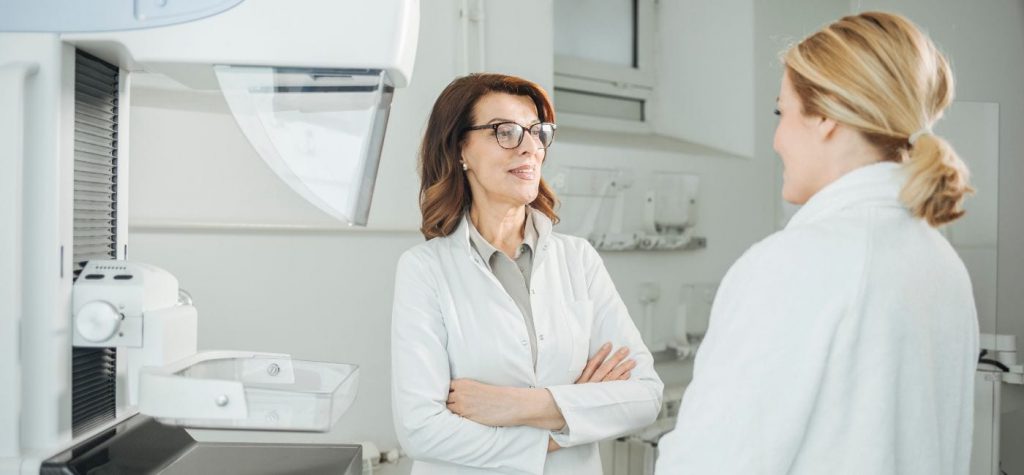Screening for breast cancer is examining a woman’s breasts for the illness before any symptoms appear. The optimum screening methods for women should be discussed with each patient by her doctor. By discussing the pros and cons of screening with your doctor, you can make an educated choice about whether or not screening is appropriate for you and, if so, when you should have it. Know about mammogram screening in Fair Lawn, NJ.
Although mammograms cannot prevent breast cancer, they may help detect the disease at an early, more treatable stage. You and your doctor should discuss the best screening tests and schedule for breast cancer.
Recommendations for Breast Cancer Screening
The USPSTF examines research on the most effective methods of disease prevention and makes recommendations to physicians so that they may better assist their patients in avoiding illness or detecting it in its early stages.
Women between the ages of 50 and 74 who are considered to be at average risk for breast cancer should get a mammogram every two years, as recommended by the USPSTF. Discussing the best time to begin mammography screening and how frequently to do so with a doctor is important for women aged 40 to 49. When selecting whether or not to start having mammograms before age 50, women should consider the advantages & risks of screening testing.

Exactly where can I go to take part in a screening?
Breast cancer screenings are available at many healthcare facilities. Reach out to your medical provider to schedule a breast cancer screening. They will be able to assist you in making an appointment.
After age 40, most insurance companies must pay 100% of the cost of screening mammograms every between one-two year for women (like a co-pay, deductible, or co-insurance).
Mammogram
To detect breast cancer, X-rays of the breast (mammograms) are performed. Mammograms have shown to be an effective screening tool for detecting breast cancer in its earliest, most treatable stages, and before any symptoms have appeared. The mortality rate from breast cancer may be reduced with frequent mammograms. For most women of screening age, mammography is now the most effective approach to detecting breast cancer.
Tissue Imaging Using Magnetic Resonance in the Breast (MRI)
Images of the breast are captured using magnets & radio waves in a breast MRI. Screening for breast cancer using breast MRI complements mammography for women at increased risk. Breast MRIs are not utilized for women at average risk because they might seem abnormal even if there is no cancer present.